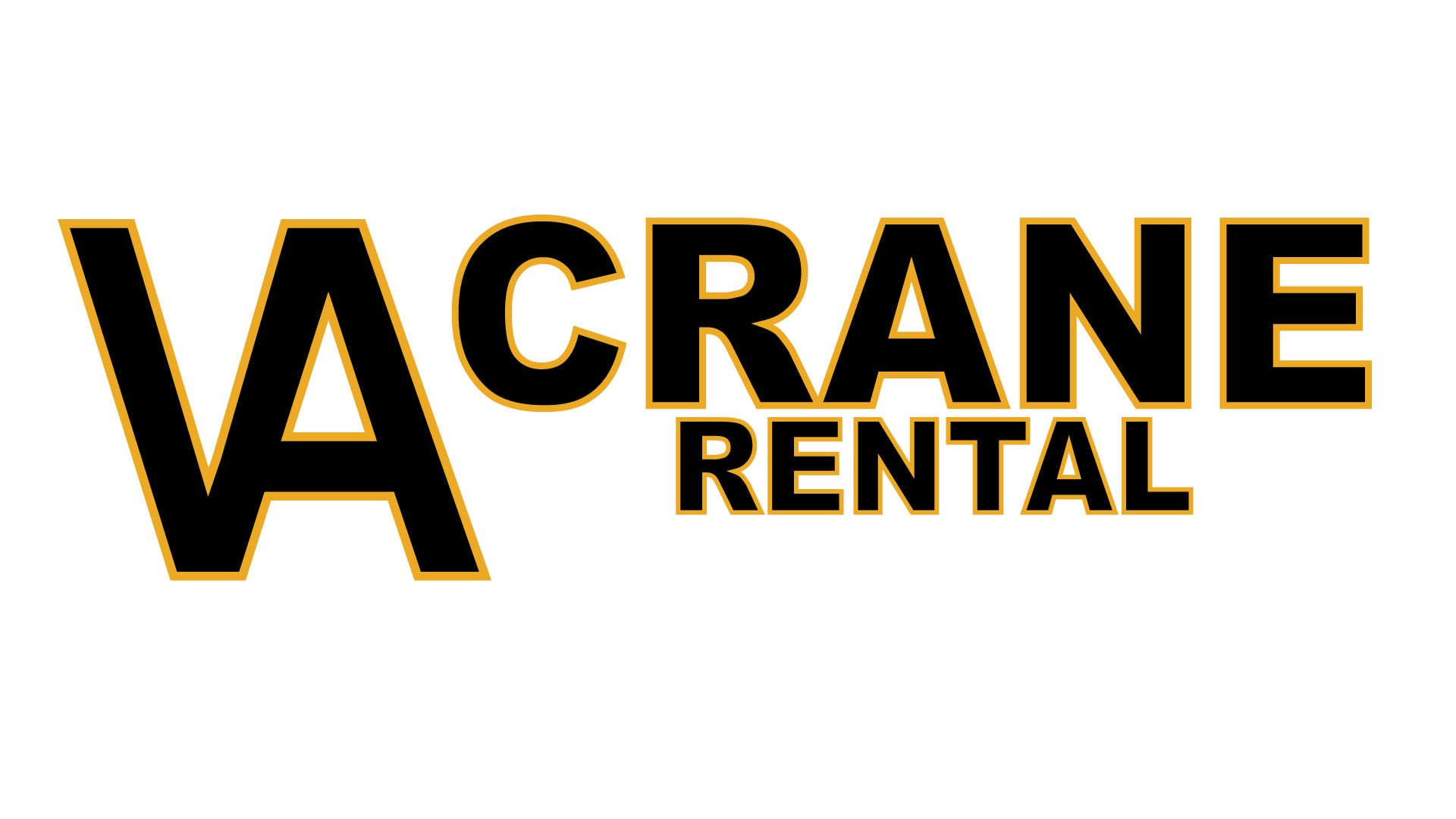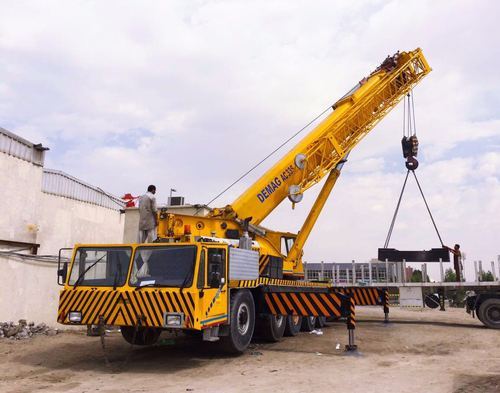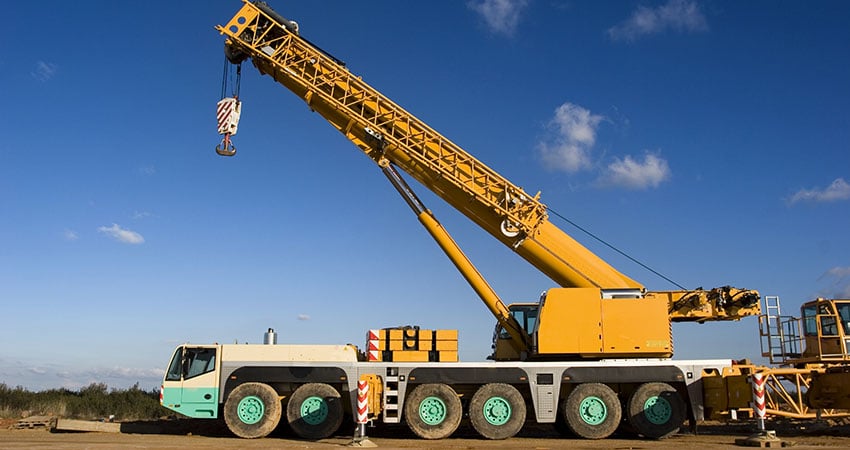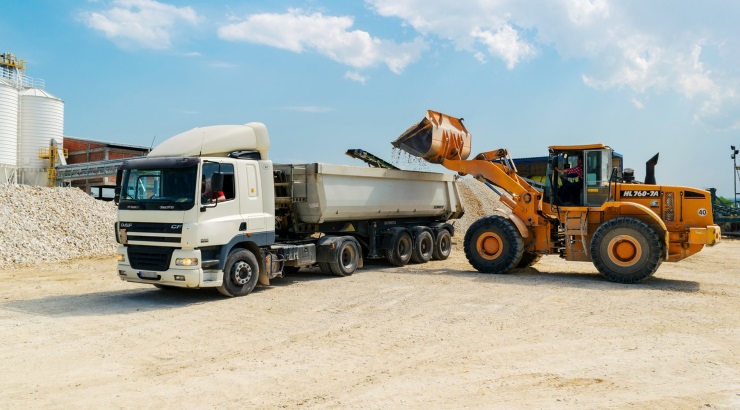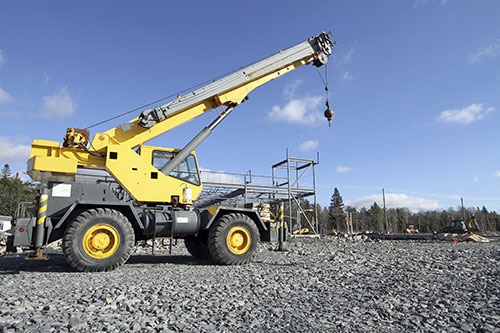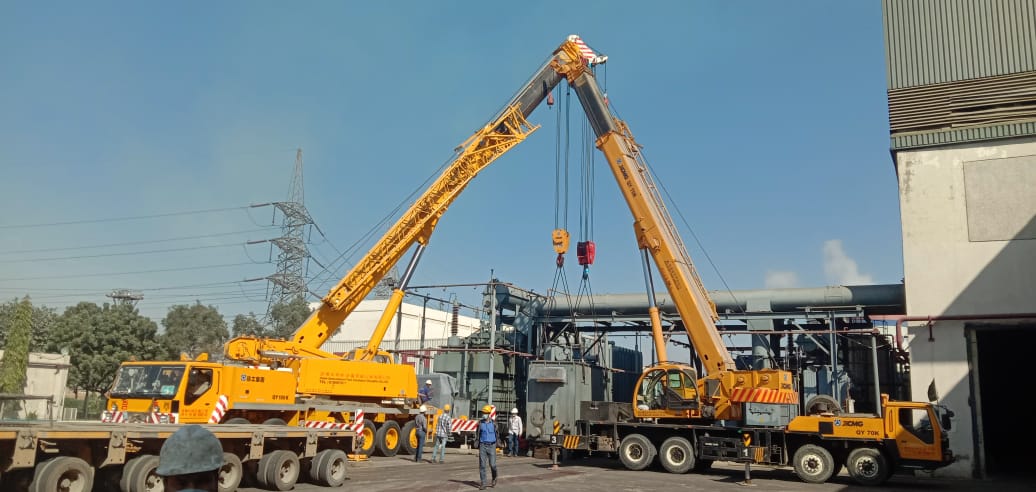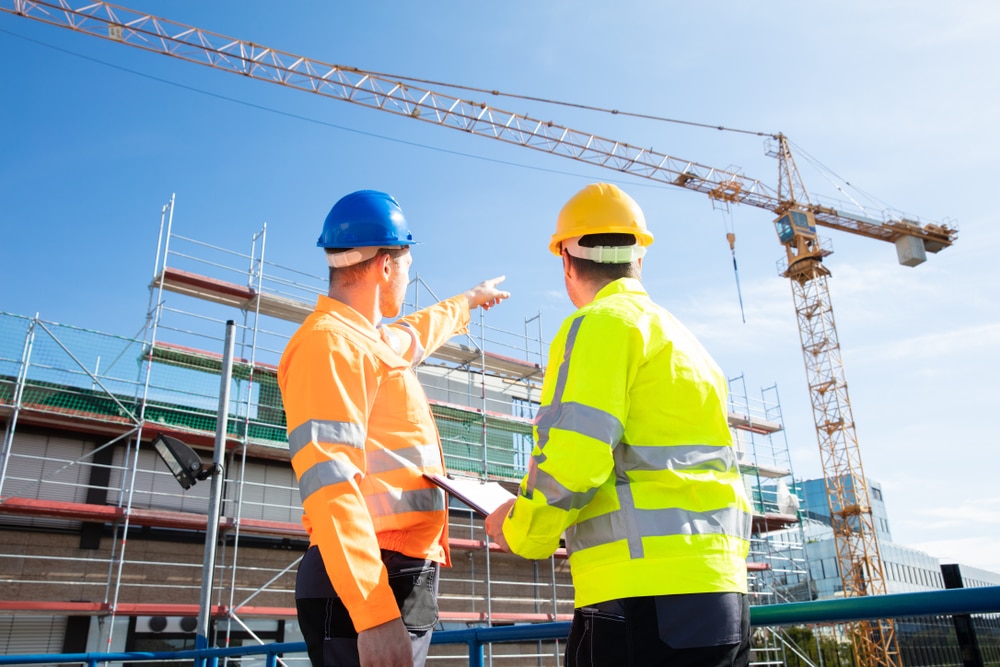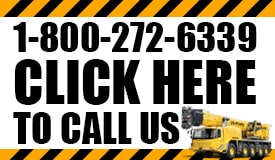Cranes are considered one of the most effective equipment for moving heavy loads and machinery on different projects. Different rental companies offer you the easiest access to several cranes daily, weekly, and even months without buying them.
You can rent these cranes for your small and large-scale projects, as they serve a very important purpose in the manufacturing, construction, and other utility sectors. However, renting a crane may vary depending on the size of the crane you need and your rental duration.
If you’re considering renting a crane for some of your projects and are worried about rental costs, keep reading this blog post.
Why do you have to rent a crane?
Renting a crane can be the best option for you. Here are some reasons you need a crane for a construction project.
Crane rental will help you with a heavy-duty lifting job. No matter if you need lifting power for ongoing or temporary needs, a crane is ideal for loading and unloading freight, transporting heavy objects, and lifting large supplies and equipment.
If you want to expand your fleet temporarily and your current one isn’t sufficient to manage a large-scale job, a rental crane will help you get the work done easily.
Do you need equipment flexibility for your project? Well! Renting a crane will give you the necessary machinery for the period you want.
You can rent a crane without any insurance and other ownership costs whether you need a crane for a short-term or long-term application.
What are the different crane rental prices?
Crane rental costs may vary as it depends on several factors. Each model has unique features and specifications, so there is no simple answer to how much it costs to rent a crane. However, it helps you a lot to know the range of rental cranes.
Usually, small mobile cranes cost you around $200 a day, and large ones cost closer to $1000 per day to rent. At the same time, large tower cranes may cost you about $15,000 to rent monthly. Aside from the rental price, you have to make sure that you consider additional costs that are also involved.
Deliver and Assembly: many cranes, such as crawler cranes or assembled, like tower cranes or crane truck rentals, must be delivered to the job site. Therefore, this may also involve their delivery and assembly costs.
Qualified Operators: All cranes need certified operators, riggers, and signal personnel to ensure safe load lifting. If you are going to rent a crane, qualified personnel also cost you a rental.
Permits: cranes require permits to operate at your job site. So you must check your local jurisdiction for the fees and paperwork for permission.
Other Costs: Using a rental crane may also involve disconnecting utility lines, paying overtime, or preparing a lift plan.
What are the factors that affect the rental cost?
The rental cost may depend on several factors. Some of them are as follows:
Lifting Capacity: the higher the lifting capacity of the crane you will select, the more costly it is to rent. So make sure that you have chosen the right equipment. It’s better to discuss with the rental representative about your lifting requirements.
Rental Period: next on the list is when you need the crane for your job site. The longer you have it in your possession, the more you have to pay.
Type of Project: The project for which you need a crane is also a factor to consider while renting. If you need a crane for your building construction, you may require a tower crane with a monthly rental cost of about $14,000.
Distance: the closeness between the job site and the crane rental yard is another factor on this list. The clock ticks the time a crane leaves the yard. The more distant the construction site is, the longer the crane arrives.
Crane Operator: A rental crane with an operator may also enhance your rental cost. However, it’s up to you whether you need a manned crane rental management or an unmanned crane.
Current Demand: when the construction period booms, there will be prices up for the rental cranes. To avoid this, you can plan and make your reservations well before time.
Keeping these factors in mind while renting a crane will help you better understand your needs and rental costs.
What are the advantages of renting a crane over buying?
Although purchasing a crane can be a very reliable and long-term investment for your business. But if you need it for your job site for some period, renting can be better for several reasons.
The following are the benefits of renting a crane:
Less Capital Investment: buying a crane takes from tens of thousands of dollars for smaller cranes to millions for larger cranes, which most of you can’t afford. Renting a crane saves you a lot of money without lowering your productivity.
Transportation and Storage Costs: renting a crane helps you a lot to save transportation as well as storage costs. Because when you have the equipment that isn’t used, you can charge additional fees.
Limited Flexibility: when you purchase a crane, you are limited to its capabilities and specifications. Moreover, you are also defined as needing different cranes to do other jobs.
Maintenance Costs: when you buy a crane, you have to do regular maintenance to ensure its safe. On the other hand, when renting a crane, you do not have to worry about maintenance costs.
When you compare crane rentals with buying a crane, crane rentals offer you flexible pricing, short-term savings, and no depreciation costs. Moreover, you can also rent different cranes for each job so that you are not stuck with a single model that will not be ideal for different situations.
Conclusion
That’s all for this blog post. We have tried to cover all the important factors you must consider while renting a crane, such as advantages, price, costs, etc. Whenever you need a crane for your next job site, contacting an online rental company would be the easiest way to get a rental crane. But do not forget to check their detailed pricing information.
If you are looking for a rigging rental near me, contact us now!

